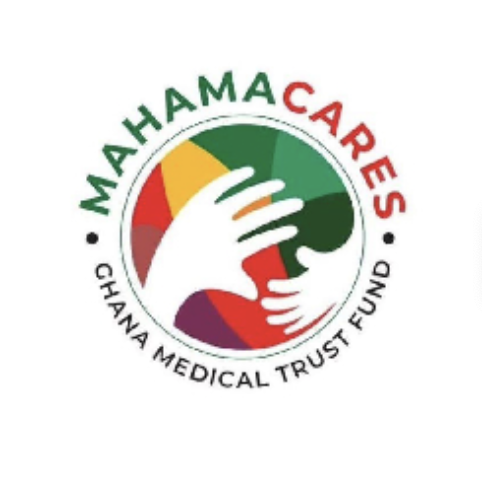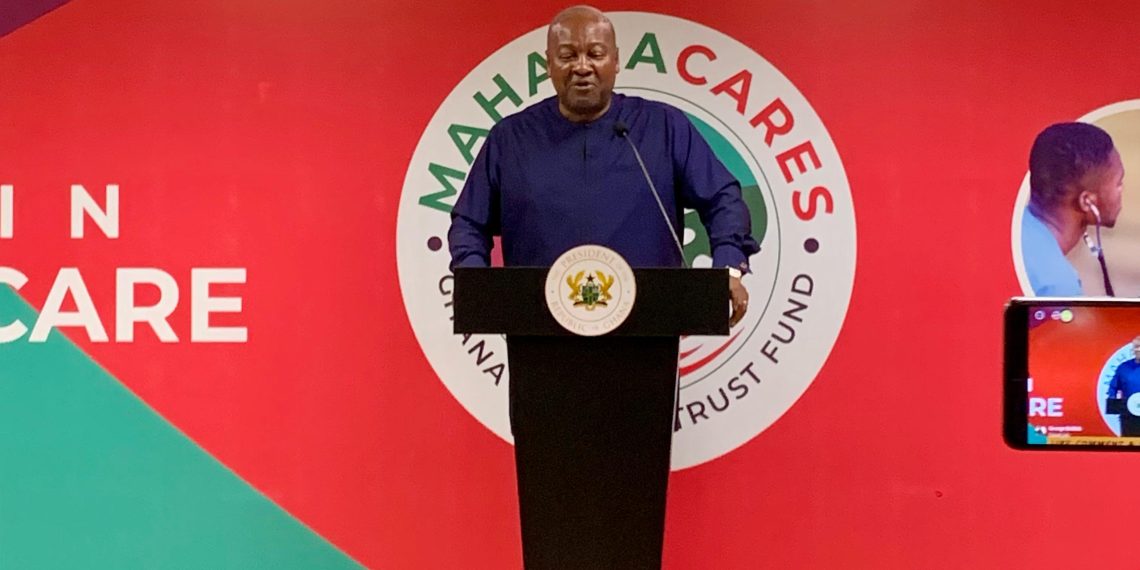Since the early 2000s, Ghana has shown significant political, legislative and fiscal commitment to health system reforms aimed at improving access to quality health care and making progress towards universal health coverage (UHC). These efforts, while impactful, still present challenges in health financing and service delivery. Addressing these challenges is crucial for meeting health-related goals like UHC and for enhancing overall societal well-being.
Health care financing structure
Ghana’s current health expenditure is lower than that of comparable sub-Saharan African and lower-middle-income countries. However, a significant portion of health expenditure (50.7%) comes from public sources, which has positively impacted health system performance. Financial protection is relatively strong, with only 2% of the population spending more than 10% of their household income on health. However, out-of-pocket (OOP) spending remains steady at 27.25% of current health expenditure (CHE) in 2021.
Reforms for universal health coverage
National Health Insurance Scheme
Established in 2004, the National Health Insurance Scheme (NHIS) is Ghana’s most significant health financing reform in the past two decades. It aims to eliminate user fees at the point of care and enhance access to basic health services. Funded primarily through earmarked taxes and minimal registration fees, the NHIS exempts individuals over 65 and children under 18 from any enrollment fees. Despite these efforts, challenges persist. The NHIS Authority 2018 Annual Report states that in that year the NHIS covered only 36% of the population, with the informal sector comprising less than 32% of membership. Since 2011, NHIS has faced sustainability issues, with expenditures surpassing income and OOP spending remaining high at 27.25% of CHE as of 2021.
Other health systems reforms: Ghana's 2020–2030 UHC road map
In its 2020–2030 road map for UHC, the government committed to achieve at least 80% coverage of essential health services and launched a comprehensive health sector reform programme. Below are the key reforms proposed.
- Essential Health Services Package: As an initial step in implementing the UHC road map, the Ministry of Health of Ghana developed the Essential Health Services Package (EHSP), which includes a set of cost-effective interventions and services that the government aims to scale up and make accessible to the entire population by 2030. The EHSP is currently being costed, with funding sources being identified as part of the roll-out of Networks of Practice (NOP).
- Networks of Practice: A key reform is the adoption of the primary care networks model, which reconfigures primary care facilities into provider networks to improve access to essential primary care services. The networks serve a defined population with improved horizontal and vertical referrals. Lessons from a 2019 pilot were incorporated into the design and a nationwide scale-up.
- Health facility regulation: Reforms in regulatory and health data systems aim to streamline accreditation of primary care facilities between the National Health Insurance Authority and the Health Facilities Regulatory Authority. These reforms seek to consolidate accreditation standards and procedures, recognizing the NOPs as one operating unit for service delivery and financing.



